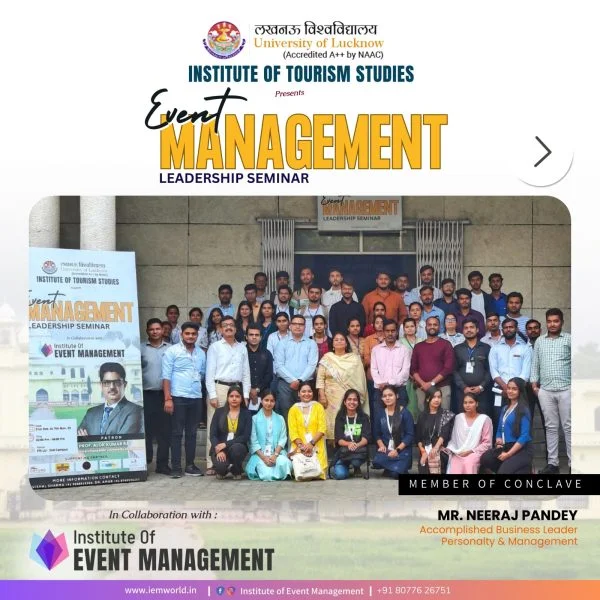
The 5's of Event Management
1. Concept: The first step in event management is to define the concept or theme of the event. This involves determining the purpose, objectives, and target audience of the event. The concept sets the foundation for all the subsequent planning and decision-making processes.
2. Coordination: Effective coordination is crucial for successful event management. It involves managing various aspects such as venue selection, vendor management, logistics, and scheduling. Coordinating all the elements ensures smooth operations and seamless execution of the event.
3. Communication: Communication plays a vital role in event management. It involves effectively conveying information to all stakeholders, including the event team, clients, vendors, sponsors, and attendees. Clear and timely communication helps in managing expectations, resolving issues, and ensuring everyone is well-informed.
4. Control: Maintaining control during the event is essential to handle any unforeseen circumstances. Event managers need to have contingency plans in place, manage risks, and adapt to changing situations. Maintaining control ensures that the event stays on track and meets the desired outcomes.
5. Closeout: The closeout phase involves evaluating the success of the event and tying up any loose ends. This includes conducting post-event surveys, analyzing attendee feedback, and reviewing event objectives. The closeout phase helps in identifying areas of improvement and gathering insights for future events.








